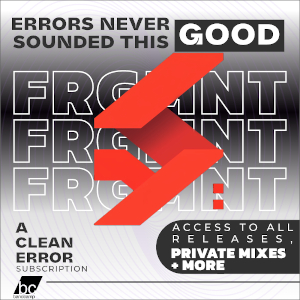Layered feedback, looped vocal samples, soft rhythms, acoustic instrumentation, and full spectrum pad-work are all loosely sewn together into a beautiful patchwork of disparate and harmonious sounds.
I, a relatively recent convert, who first experienced 2009’s Totems Flare, always had Clark down as a riff maestro, whose frenetic brand of techno somehow managed to sculpt a seemingly endless series of catchy hooks and tap inducing beats from a backdrop of auditory chaos. Iradelphic, then, with its slower, more pensive sound, came as a bit of a surprise; I see now that it’s an obvious development. After all, Clark has always interspersed ambient tracks and soundscapes throughout his records, it’s just that people like me skip past them to get to the next ‘that’s totally fucking rad!‘ bit—the (still staggeringly deep) drop in “Growls Garden,” the transition between “Herzog” and “Ted,” the intro to “Diesel Raven,” to name but a few. But where to take this overdriven synth madness? It’s almost as though Clark turned the distortion up to 11 and came out on the other side—and it’s much roomier in electronic music’s ambient half.
Iradelphic is not a break from earlier work, but a re-focusing. And by toning down, though never completely extirpating, his lead-driven sound, Clark forces the listener too to focus on his other trademark sound: slow-building, cavernous and occasionally haunting composition. If, like me, you’d sidelined this aspect of Clark’s work, then submitting to Iradelphic‘s gentle nudge is well worth it. What could be better than discovering that one of your favourite artists has an almost wholly uncharted other side?
The final Iradelphic Sessions were given away for free in mid-April. An outgrowth of the overarching Iradelphic vision, the tracks continue to experiment with atmosphere and mood. Layered feedback, looped vocal samples, soft rhythms, acoustic instrumentation (the guitar you’ll remember from “The Pining Pt1” and “Secret”), and full spectrum pad-work are all loosely sewn together into a beautiful patchwork of disparate and harmonious sounds.
The EP confirms what I already now know: that Clark had never been the problem, that only I had stood between enjoying and disliking the Iradelphic sound. I had been listening to the music in the wrong way. Tense and anticipatory, I had attempted to predict the music’s movements, to keep one step ahead, to struggle against it. But after listening to the final Iradelphic Sessions with my newfound ‘passive ear,’ it’s perfectly clear that the music is fantastic, even beautiful. Sometimes, I guess, you have to tune out to tune in.
Iradelphic Sessions is available at throttleclark.com/iradelphic-sessions.






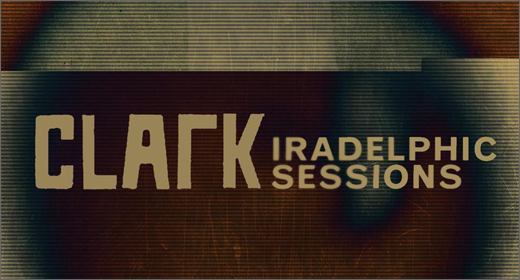
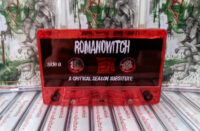
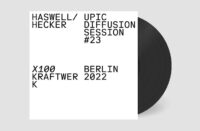
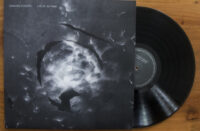
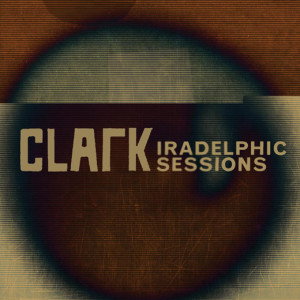

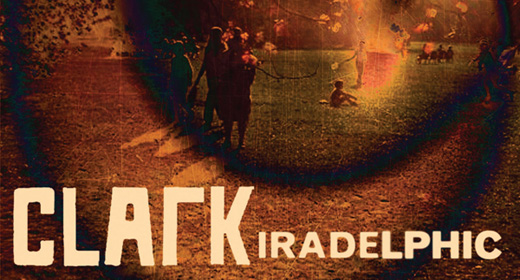

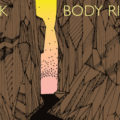
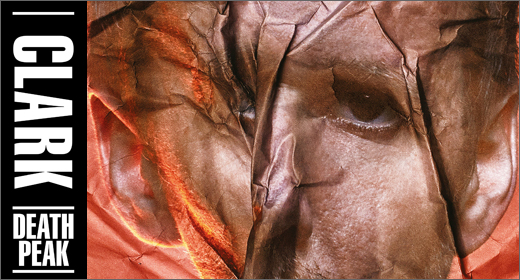
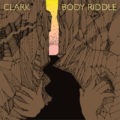


![Romanowitch :: A critical season substitute (glitch.cool) — [concise]](https://igloomag.com/wp/wp-content/uploads/2025/03/romanowitch-a-critical-season-substitute_tape_feat-75x75.jpg)







